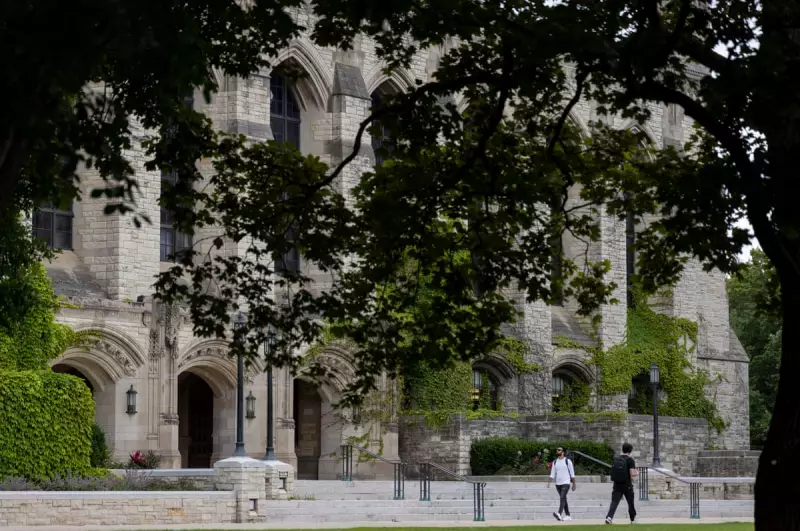
Northwestern University has ignited controversy by mandating antisemitism training for its faculty and staff, a move critics argue was influenced by pro-Israel advocacy groups. The decision has raised concerns about the politicisation of higher education and the boundaries of external influence on university policies.
Pressure from Pro-Israel Groups
According to internal documents, the university's administration faced sustained lobbying from several pro-Israel organisations demanding stricter measures against perceived antisemitic incidents on campus. These groups reportedly threatened to withdraw funding and support unless the university took decisive action.
Mixed Reactions on Campus
The mandatory training programme has divided the Northwestern community. While some applaud the initiative as a necessary step to combat hate speech, others view it as an overreach that could stifle legitimate criticism of Israeli government policies under the guise of combating antisemitism.
Faculty Concerns
Several professors have expressed reservations about the training's content and framing, arguing it conflates anti-Zionism with antisemitism. "This sets a dangerous precedent for political groups dictating curriculum and campus policies," said one tenured professor who wished to remain anonymous.
Student Perspectives
Student organisations are similarly split, with some Jewish groups welcoming the measure while Palestinian solidarity organisations see it as an attempt to silence their activism. The controversy comes amid heightened tensions on US campuses regarding Middle East politics.
Broader Implications
This development at Northwestern reflects a growing trend of political organisations attempting to shape university policies across America. Education experts warn that such interventions risk compromising academic independence and the free exchange of ideas that are fundamental to higher education.
The university administration maintains that the training is part of broader diversity initiatives and denies any single group influenced the decision. However, documents obtained through public records requests suggest otherwise, showing extensive correspondence between university officials and pro-Israel lobbyists.





